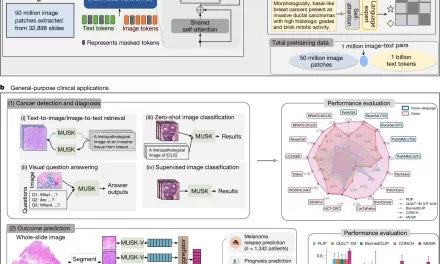A recent study published in PLOS Biology reveals that calorie content, rather than taste or texture, plays a crucial role in influencing food preferences, regardless of whether individuals are obese or not. Conducted by Albino Oliveira-Maia from the Champalimaud Foundation in Portugal and colleagues, the research sheds light on how energy-dense foods are preferred by both individuals with and without obesity.
The study found that people naturally gravitate toward higher-calorie foods due to signals sent to the brain regarding a food’s energy content, which can impact food choices irrespective of flavor. “While the taste and texture of foods were kept constant in our experiment, participants consistently chose higher-calorie options,” said Oliveira-Maia. The study challenges the assumption that people with obesity inherently prefer richer foods because of their taste alone. Instead, it suggests that biological and neurological factors might be at play.
Researchers examined three groups: individuals with obesity, post-bariatric surgery patients, and non-obese controls. Participants were given sweetened low-fat yogurt, both with and without maltodextrin, a carbohydrate that adds calories but doesn’t alter taste or texture. Despite rating both yogurts as equally pleasant, all three groups consumed more of the yogurt with added maltodextrin, indicating a preference for higher-calorie options.
Interestingly, the study’s results showed that this preference was consistent among individuals with obesity and their non-obese counterparts, indicating that calorie content, rather than explicit taste preferences, might be a stronger driving force behind food choices.
The research also used advanced imaging techniques to study dopamine receptor availability in the brain. Consistent with previous studies, individuals with obesity had lower dopamine receptor availability, a key component in reward-driven eating behaviors. In contrast, dopamine receptor availability was similar in the post-surgery and non-obese groups, suggesting that bariatric surgery may help normalize brain function and promote more restrained eating behaviors.
These findings point to the possibility that obesity-related changes in the brain’s reward systems can be reversed following weight-loss surgery, leading to a shift in eating habits. However, the study highlights that while brain changes can influence the quantity of food consumed, they do not appear to alter the types of foods preferred, which remain calorie-driven.
The authors concluded, “Our findings suggest that people, regardless of obesity status, are guided by energy content when choosing food, even when taste and texture are held constant. This behavior persists after bariatric surgery, indicating that changes in brain function, rather than conscious choices, might be responsible for food preferences.”
The study offers valuable insights into the complex relationship between the brain’s reward system, calorie content, and food choices, with implications for both obesity treatment and understanding eating behaviors.
For more information, visit PLOS Biology or refer to the study’s DOI: 10.1371/journal.pbio.3002936.












